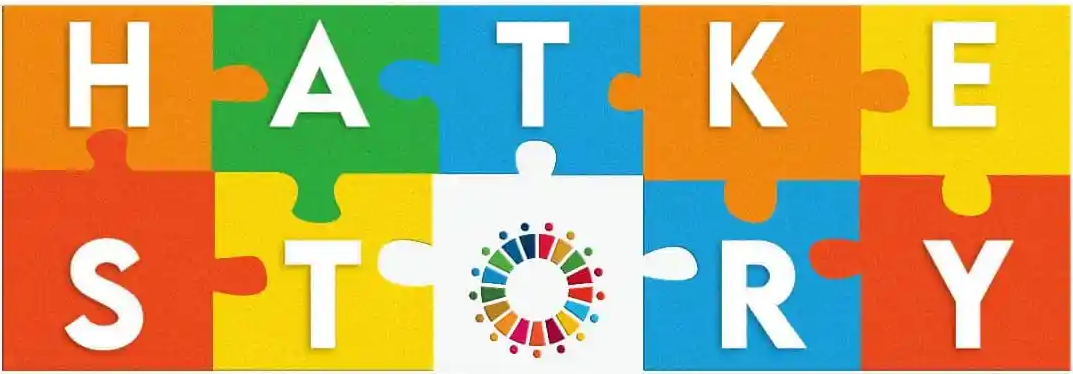In a nod to the complexities of modern digital life, Oxford University Press has named “brain rot” its Word of the Year for 2024. This quirky yet thought-provoking term encapsulates growing concerns about the impact of excessive consumption of trivial and low-quality online content, particularly on social media.
What is ‘Brain Rot’?
The term refers to a perceived decline in mental and intellectual acuity caused by overindulgence in shallow or unchallenging material. In today’s context, “brain rot” has become a shorthand for the overwhelming influx of content that’s often devoid of depth yet demands attention, especially among younger audiences.
Interestingly, the phrase has historical roots. It first appeared in Henry David Thoreau’s 1854 classic, Walden, where he criticized society’s preference for simplistic ideas over intellectually stimulating ones. Thoreau’s lament—“Will not any endeavour to cure the brain-rot?”—has gained new relevance in the digital age, resonating with today’s concerns about the erosion of critical thinking.
The Rise of ‘Brain Rot’ in 2024
Usage of “brain rot” skyrocketed by 230% between 2023 and 2024, fueled by its popularity on platforms like TikTok. Gen Z and Gen Alpha have embraced the term, often using it humorously to describe their binge consumption of viral trends, memes, and other lightweight content.
Such content includes the viral Skibidi Toilet videos by creator Alexey Gerasimov, depicting surreal humanoid toilets, and the ubiquitous ‘only in Ohio’ memes highlighting absurd events. These phenomena have even sparked a “brain rot language,” introducing slang like “skibidi” (nonsensical) and “Ohio” (embarrassing or weird) into everyday vocabulary.
Beyond the Humor: A Serious Concern
While “brain rot” is often deployed with tongue-in-cheek humor, it has sparked broader discussions about its potential mental health implications. Earlier this year, a US mental health center issued guidelines for identifying and mitigating its effects, especially in children and young people. The term has transcended its meme origins to become a focal point for conversations about how online culture affects emotional well-being.
A Cultural Marker for the Digital Age
Casper Grathwohl, President of Oxford Languages, reflected on the significance of this year’s choice, stating:
“‘Brain rot’ speaks to one of the perceived dangers of virtual life and how we are spending our free time. It feels like the next chapter in the cultural conversation about humanity’s relationship with technology.”
Grathwohl also noted the irony of Gen Z and Gen Alpha—the creators and consumers of much of the content linked to “brain rot”—embracing the term. Their playful self-awareness underscores their nuanced relationship with the digital world: simultaneously critiquing and thriving within it.
What Does This Say About Us?
The selection of “brain rot” highlights society’s ongoing struggle to reconcile the allure of digital convenience with its potential drawbacks. It serves as a reminder to reflect on how we engage with the vast ocean of content around us—and perhaps prompts us to seek balance in our increasingly virtual lives.
As a word rooted in humor yet steeped in cultural relevance, “brain rot” offers a lens through which to examine the digital age’s complexities and its impact on our collective psyche.
SOURCE: OXFORD UNIVERSITY PRESS







0 Comments